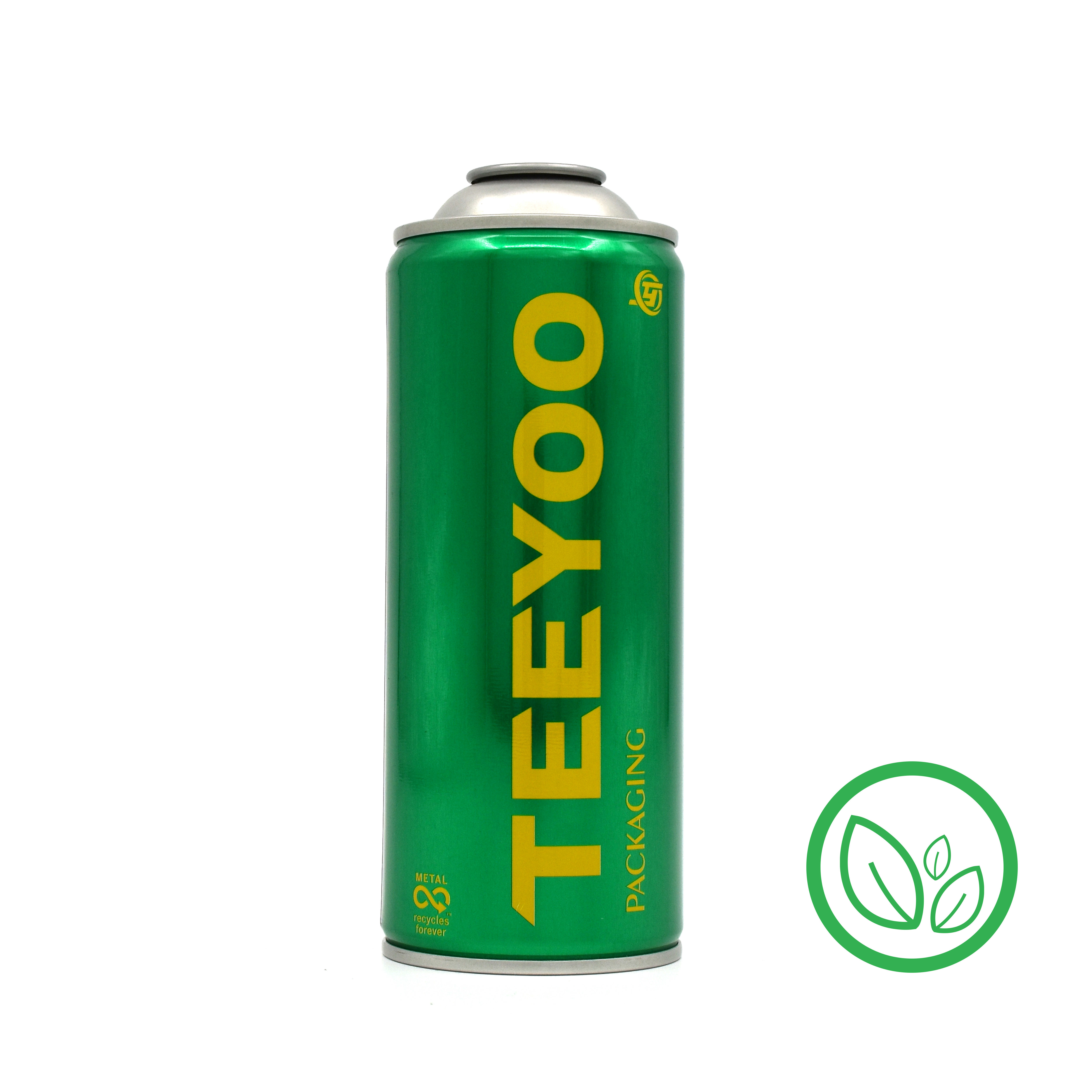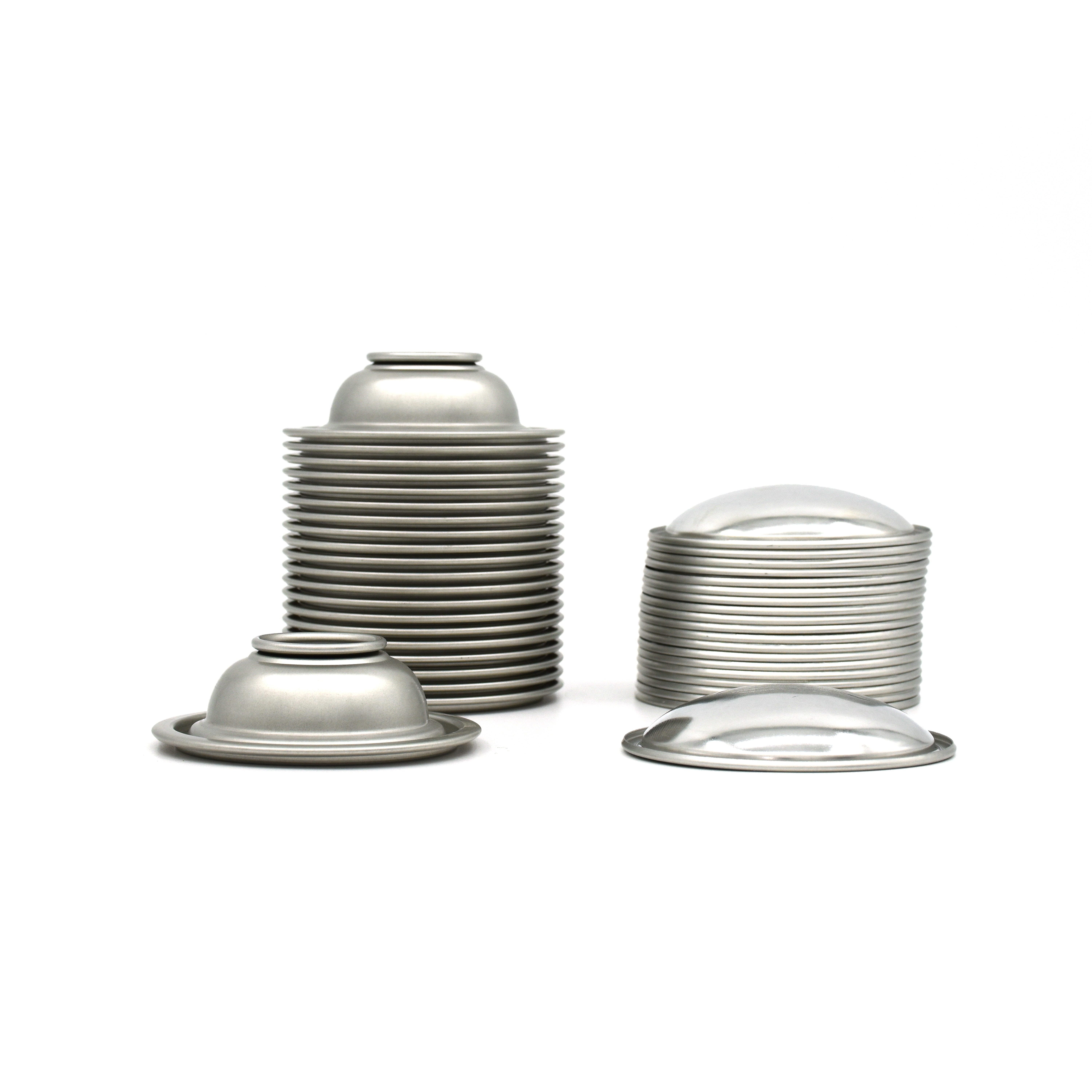Technological Innovation Driving Sustainable Growth in Metal Can Manufacturing
Dec 09,2024
In today's society, sustainable development has become an important development direction for various industries, and the metal can production industry is no exception. With the continuous improvement of environmental awareness and the increasingly prominent problem of resource shortage, metal can production enterprises are committed to technological innovation to promote the sustainable development of the industry.
As a common packaging container, metal cans are widely used in fields such as food, beverages, and chemicals. However, traditional metal can production processes often have problems such as high energy consumption, serious waste of resources, and large environmental pollution. To solve these problems, enterprises have begun to actively explore new technological processes and methods.
On the one hand, in the selection of raw materials, enterprises pay more attention to environmental protection and sustainability. For example, using recyclable metal materials such as tinplate and aluminum to reduce dependence on natural resources. At the same time, by optimizing the formulation and processing technology of raw materials, improve the utilization rate of materials and reduce the rejection rate. In addition, some enterprises have begun to study the use of new environmentally friendly materials, such as biodegradable materials, to provide new ideas for the sustainable development of metal cans.
On the other hand, in the production process, enterprises continue to innovate and improve. For example, advanced automated production equipment is adopted to improve production efficiency and reduce labor costs and energy consumption. At the same time, by optimizing the production process, waste and pollution in the production process are reduced. For example, in the printing link, environmentally friendly inks and advanced printing technologies are used to reduce the use of organic solvents and reduce environmental pollution. In the welding link, a new welding technology is adopted to improve welding quality and reduce the rejection rate.
In addition, enterprises also pay attention to product design innovation to improve the sustainability of metal cans. For example, design lighter and stronger metal cans to reduce the amount of materials used. At the same time, by optimizing the structural design of metal cans, improve their recyclability and reuse rate. For example, design metal cans that are easy to disassemble and classify for convenient recycling and reuse.
Technological innovation not only brings economic benefits to the metal can production industry, but also brings significant environmental and social benefits. First of all, by using environmentally friendly materials and advanced production processes, environmental pollution is reduced and the ecological environment is protected. Secondly, it improves the utilization rate of resources and reduces waste of resources, making contributions to sustainable development. Finally, technological innovation also promotes employment and economic growth, making positive contributions to social stability and development.
However, technological innovation in the metal can production industry still faces some challenges. For example, the research and development and application of new technologies require a large amount of capital investment and technical support. For some small and medium-sized enterprises, there may be certain difficulties. In addition, consumers' awareness and acceptance of environmentally friendly products need to be improved, and publicity and education need to be strengthened.
Despite the challenges, technological innovation in the metal can production industry still has broad development prospects. With the continuous progress of science and technology and the continuous improvement of environmental awareness, it is believed that more innovative technologies and methods will be applied in the metal can production industry to promote the sustainable development of the industry.










